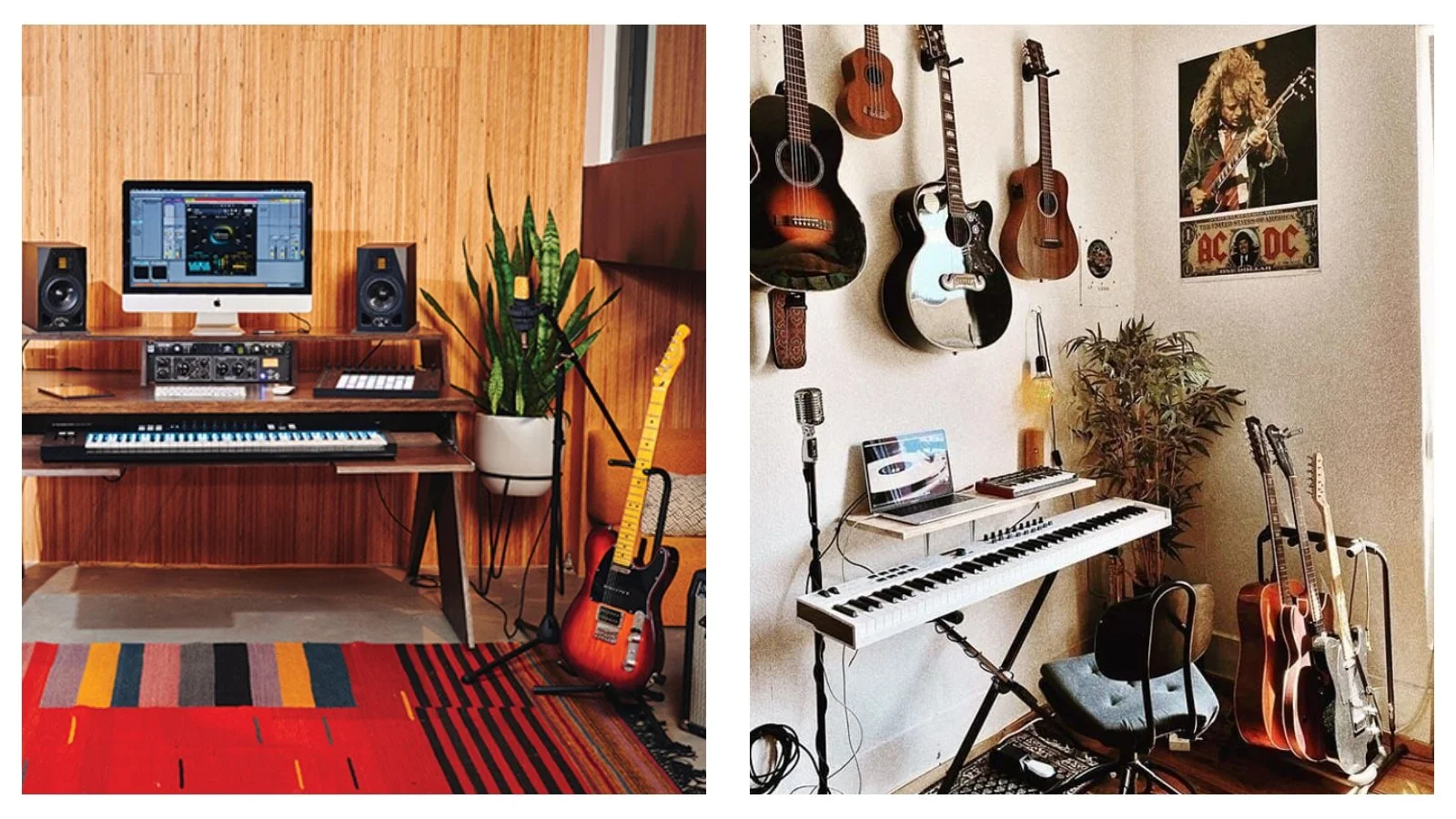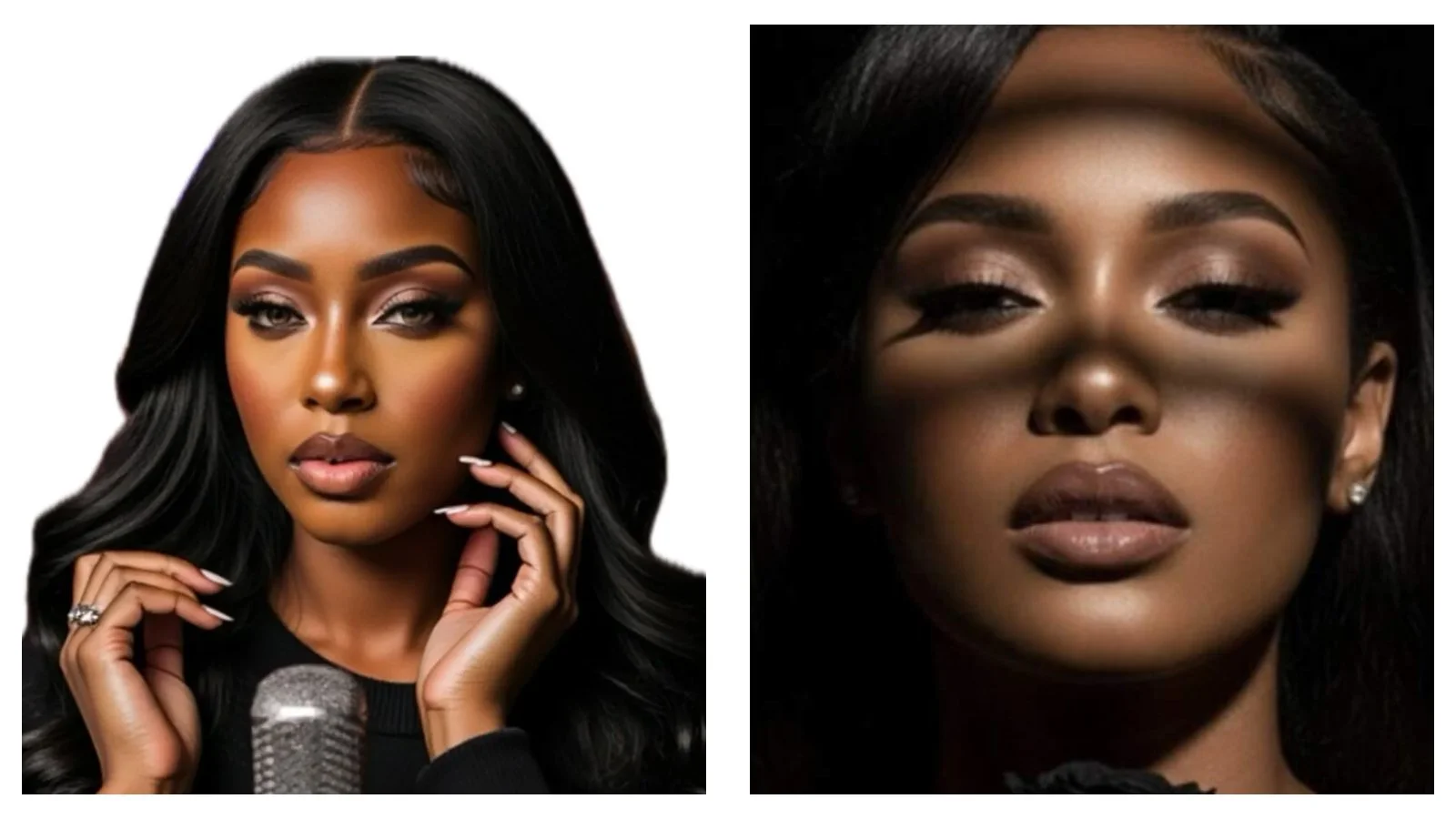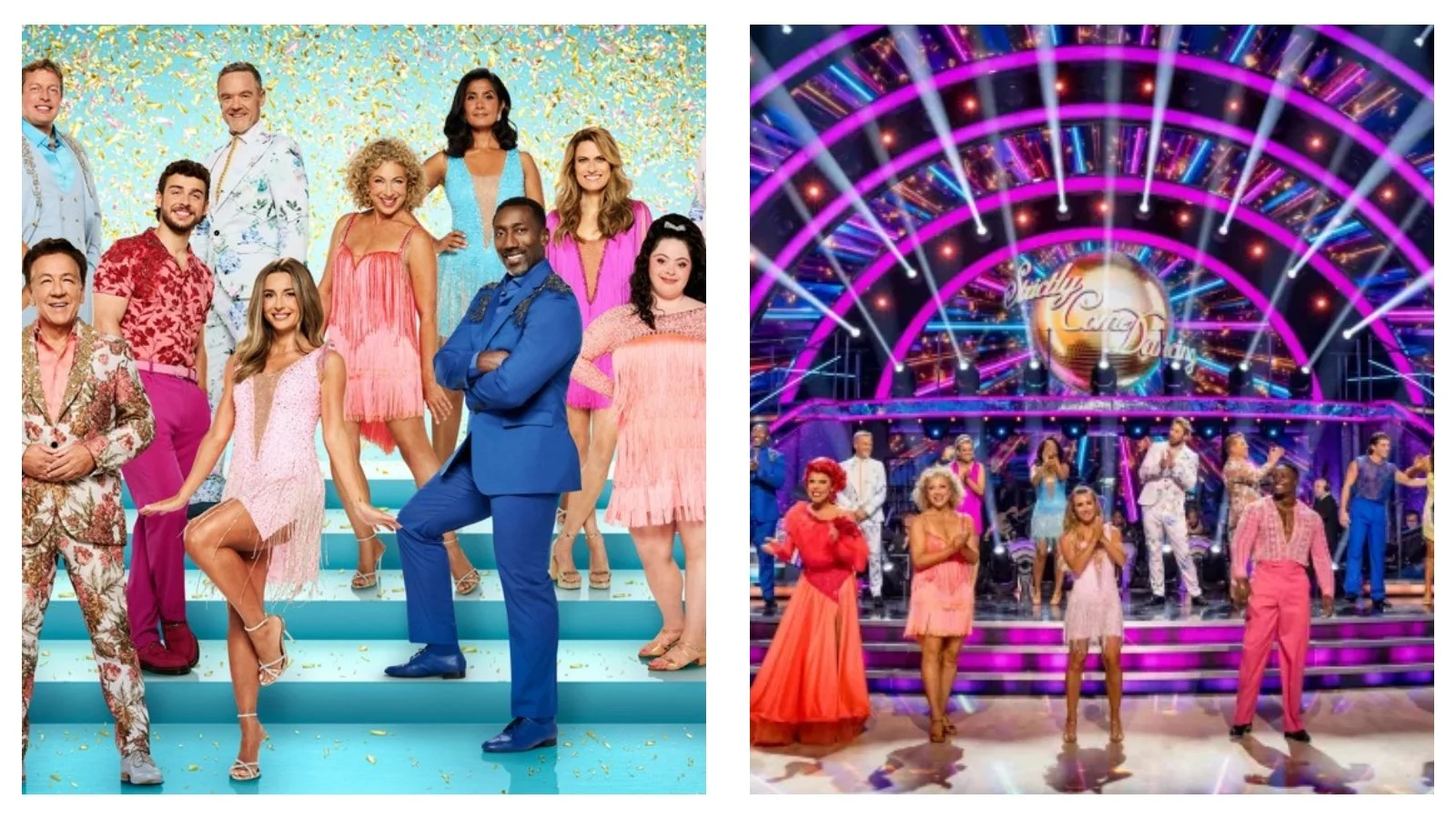AI-Generated hits: Are we listening to real artists?
From deepfake vocals to algorithmic beats, Artificial Intelligence is reshaping how we experience music.
The music industry has always evolved with technology. Synthesisers in the 1980s, auto-tune in the 2000s, streaming algorithms in the 2010s, and each innovation reshaped the way we listen and the way artists create.
Now, a new force is emerging. AI-generated music, where entire songs, lyrics, melodies, beats and even vocals are created by machines.
As AI-generated tracks populate streaming platforms, social media, and ads, fans and artists alike are asking; Are we still listening to real artists.
Music News Blitz’s Lindokuhle Mlombo explores...
The rise of AI in music
AI music production is no longer a futuristic concept. But instead, it is here and rapidly improving.
Platforms like OpenAI’s Jukebox, Amper Music and AIVA can compose original tracks in nearly any style while mimicking the vocal timbre of famous singers or creating entirely new voices.
Even amateur creators with no musical training can generate professional-sounding songs in minutes.
Deepfake vocals and AI-generated voices that sound uncannily like human singers have added another layer of complexity.
With the right dataset, an AI can replicate a performer’s tone, phrasing and inflexion. The result is music that sounds authentic enough to confuse even seasoned fans.
Proponents argue that AI is simply another tool in the artist’s toolkit, like a new instrument or studio effect.
But critics warn it could commodify music, prioritising efficiency and virality over emotional depth and human artistry.
YOU MAY ALSO LIKE: The bedroom producer era: How Gen Z is redefining the music industry from home studios
Fans react: Curiosity and concern
The response from listeners has been varied.
For some, AI represents freedom and accessibility. Bedroom producers can now create tracks that sound like Grammy-level productions.
Fans enjoy remixing AI tracks into viral challenges on TikTok, treating them as playful experiments rather than threats to traditional music.
Yet for others, doubts and concerns run deep. Some argue that AI music lacks authenticity and that it cannot truly feel, live or experience life in the way a human artist does.
On platforms like Twitter and podcasts, debates rage over whether AI-generated songs are real music or merely synthetic entertainment.
A growing concern is copyright and consent. Deepfake vocals can mimic the voices of popular singers without their permission, raising legal and ethical questions.
Could AI-generated versions of Drake or Beyoncé appear online without consent? Fans and industry insiders alike worry about exploitation and misrepresentation.
Artists speak out
Musicians themselves are divided.
Some embrace AI as a collaborative partner. Independent pop artist Taryn Southern has co-written albums using AI, describing it as a limitless bandmate.
Imogen Heap, a pioneer in digital music innovation, acknowledges AI’s creative potential but cautions against its unchecked use, warning that it could undermine human artistry if relied on too heavily.
Other artists are more sceptical. Global stars like Grimes and Billie Eilish have expressed concerns that AI could dilute originality, creating factory-made hits optimised for clicks rather than emotional impact.
For established artists, AI raises existential questions, such as if a machine can mimic your voice and style, what does that mean for the future of performing and recording?
Kehlani takes a stand
R&B singer Kehlani has been vocal in her criticism of AI-generated artists, particularly in light of the recent emergence of Xania Monet, an AI R&B artist who secured a three-million-dollar record deal.
Xania Monet was created by writer Telisha Nikki Jones, who writes her own lyrics but uses the AI platform Suno to turn them into music with a virtual face.
Kehlani expressed her disdain for the project, stating that there is an AI R&B artist who just signed a multi-million-dollar deal and has a top-five R&B album, and the person is doing none of the work. She mentioned this in a video she made and posted online.
She emphasised that AI could now create entire songs, change genres at command and even replicate vocals.
All without crediting the human creatives whose work AI systems are often trained on.
She further argued, nothing and no one on Earth will ever be able to justify AI to her, highlighting her belief that AI in music undermines the authenticity and emotional depth that human artists bring to their work.
Fellow musician SZA echoed these concerns by calling attention to both the cultural and environmental implications of AI and cautioning against its use in music production.
READ MORE: The Xania Monet debate: AI won’t kill music - unless we let it
Industry response
Record labels and music tech companies are cautiously experimenting. AI is being used to generate demos, assist with songwriting or revive unreleased material.
However, executives are wary of public perception and that a backlash against fake music could alienate fans.
Some suggest hybrid models, where AI aids human creativity without fully replacing it. Imagine a producer generating beats, lyrics or vocal lines with AI, then refining and performing them with human emotion.
This compromise could accelerate creativity while preserving authenticity.
Legal and ethical questions
The rise of AI music raises pressing questions. Who owns an AI-generated song? Can deepfake vocals be legally monetised?
How should artists be compensated when their voices or styles are replicated by algorithms?
Courts and lawmakers are only beginning to grapple with these issues, leaving much of the industry in a legal grey zone.
The future of music
Despite concerns, AI in music is here to stay.
It challenges traditional definitions of artistry, originality and performance.
For listeners, it forces a new kind of awareness, which is to question what we value in music. Is it the emotional authenticity, the performer behind the voice or simply the sound itself?
Those in doubt worry AI could flatten creativity, producing formulated hits designed for maximum streaming appeal.
Supporters argue it opens new avenues for experimentation, letting artists explore sonic landscapes previously unimaginable.
Either way, AI is reshaping the music ecosystem from creation to consumption, from bedroom studios to stadiums.
In the end, one truth remains, and that is that music is about connection.
No algorithm, no matter how sophisticated, can replicate the lived experience or vulnerability of human expression.
AI may change how songs are made, but the desire to feel, dance and sing along is uniquely human. And that may be the one thing no machine can ever replace.
ALSO ON MNB: The return of ‘Strictly Come Dancing’ - Who are you backing for the win?
AI music at glance: Viral songs, platforms and artists
Notable AI-generated artists:
Xania Monet - AI R&B artist with a reported $3 million record deal. Raises debates on authenticity and artist rights.
FN Meka - A virtual rapper created with AI, known for viral TikTok clips, sparked controversy over ethics and representation.
Hatsune Miku - Japan’s iconic vocaloid blending AI vocals and live holographic performances since 2007.
Popular AI music platforms:
OpenAI Jukebox - Generates original music in the style of nearly any artist.
Amper Music - Allows anyone to compose tracks without prior musical training.
AIVA - AI composer for classical, cinematic and electronic music.
Suno - Platform behind AI artists like Xania Monet.
Viral AI tracks and TikTok moments:
AI-generated remixes of Drake, Beyoncé and Tyla tracks have gone viral on social media.
Deepfake vocals used in memes, TikTok challenges and fan edits accumulate millions of views weekly.
AI covers of classic hits often spark debate over legality and authenticity.
Key debates in the industry:
Ethics & Copyright - Should AI-generated music require artist consent?
Authenticity - Can music created by algorithms carry emotional depth?
Future of Work - Will AI replace studio musicians, producers, or even singers?
READ NEXT: Music analysis: Is artificial intelligence taking over the music industry too?





